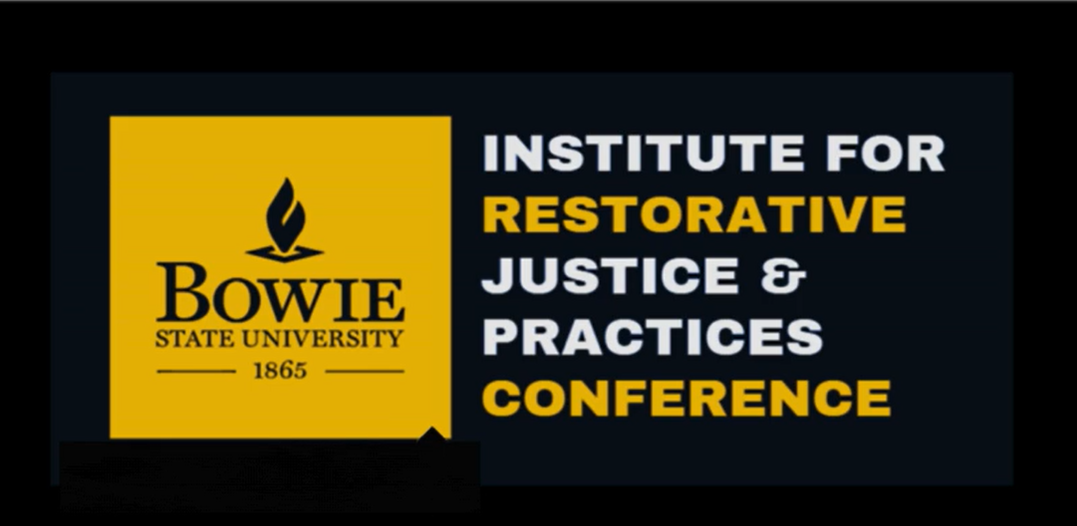
Re-visit the Conference
View photos from the Institute for Restorative Justice & Practices 4th Annual Conference.
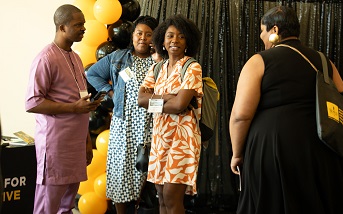
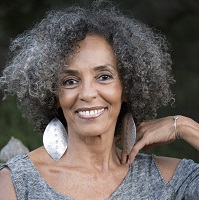
Dr. Fania Davis - Keynote Speaker
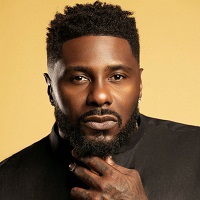
Dr. Jay Barnett - Keynote Speaker
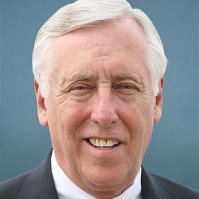
U.S. Congressman Steny H. Hoyer
Institute for Restorative Justice & Practices 4th Annual Conference
Restorative Justice: Youth Empowerment and Community Transformation
- Friday, June 21, 2024
- 8 a.m. – 5 p.m.
- Bowie State University, Student Center Ballroom (#20 on the campus map)
- Attendees can earn continuing education credits
Why You Should Attend
- Questions? Contact restorativepracticesconference@bowiestate.edu
- Examine the various educational, social, emotional and behavioral challenges faced by children, adolescents and emerging adults.
- Inspire the integration of restorative justice principles into families, schools, and communities.
- Share strategies for empowering youth to use restorative practices when addressing harms.
- Explore ways to involve youth in community decision-making processes.
- Demonstrate the importance of integrating wellness principles into juvenile justice practices.
- Foster stronger partnerships between the stakeholders of juvenile wellness, juvenile well-being, and juvenile justice.

What You Will Learn
Pre K-12
Promote restorative justice principles in all educational settings, by proactively addressing issues such as school discipline, behavioral challenges, and systemic inequalities, ultimately promoting positive outcomes for all students.
Higher Education
Examine the educational, social, and emotional challenges faced by justice-involved youth entering higher education and identifying effective support strategies.
Family Engagement
Learn how to foster strong partnerships between families and restorative justice agencies, creating a more supportive and effective system that prioritizes the well-being of youth and strengthens family connections and community stakeholders.
Community Engagement
Explore ways to involve youth in community decision-making processes, provide leadership opportunities, and amplify their voices in shaping restorative justice policies and programs.
Wellness Engagement
Integrate wellness principles into restorative justice practices, aiming to foster positive outcomes and promote the overall health and resilience of youth.
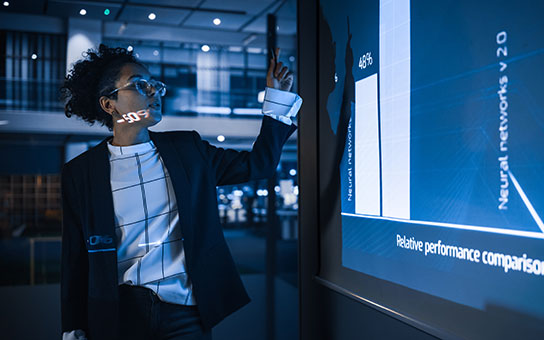
An Engaging Roster of Presenters
Keynote Speakers
- Dr. Fania Davis, Leading national voice on restorative justice
- Dr. Jay Barnett, Family therapist, DHA mental health expert
Panelists
- Vincent N. Schiraldi, Maryland Secretary of Juvenile Services
- Tyreese McAllister LPC, CSOTP-licensed mental health practitioner
- Natasha Dartigue, Esq., Deputy District Public Defender for Baltimore City
- Dr. Ivy Hilton, LICSW, PhD, nationally-certified restorative justice trainer
- Alex Lambert, restorative justice facilitator and trainer
Special Entertainment
Hands on Drums
Agenda
View the full conference agenda (pdf)
Keynote Speakers
 Dr. Fania Davis
Dr. Fania Davis
Leading national voice on restorative justice
Fania Davis, PhD, is a leading national voice on restorative justice. She is a long-time social justice activist, Civil Rights trial attorney, writer, restorative justice practitioner, and educator with a PhD in Indigenous Knowledge. Fania writes and speaks internationally on restorative justice, racial justice, truth processes, and indigeneity.
Fania came of age in Birmingham, Alabama, during the social ferment of the Civil Rights era. The murder of two close childhood friends in the 1963 bombing of the 16th Street Baptist Church crystallized within Fania a passionate commitment to social transformation. For the next decades, she was active in the Civil Rights, Black liberation, women's, prisoners', peace, anti-racial violence, economic justice, and anti-apartheid movements. Studying with African Indigenous healers catalyzed Fania’s search for a healing justice, ultimately leading her to serve as Founding Director of Restorative Justice for Oakland Youth (RJOY) and Co-Founding Board Member of the National Association of Community and Restorative Justice (NACRJ).
Her numerous honors include the Ubuntu Award for Service to Humanity, the Dennis Maloney Award for excellence in Youth Restorative Justice, the Black Feminist Shapeshifters and Waymakers’ Award, the Tikkun (Repair the World) Award, the Ella Jo Baker Human Rights Award, and the Ebony POWER 100 Award. The Los Angeles Times named her a New Civil Rights Leader of the 21st Century.
Fania is the author of The Little Book of Race and Restorative Justice: Black Lives, Justice, and U.S. Social Transformation (2019) as well as a range of articles on restorative justice.
 Dr. Jay Barnett
Dr. Jay Barnett
Family therapist, DHA mental health expert
Dr. Jay Barnett is an esteemed author, dynamic speaker, and widely acknowledged expert in mental health. Now, more than ever, he's making an incredible mark in his field with his impactful storytelling, innovative strategies, and insightful lessons. In his mental health access mission, he focuses on underserved communities and youth development. A former professional football player, Dr. Jay integrates the principles of athletic discipline into his clinical work, fostering a winning mindset. Also, he is a member of Kappa Alpha Psi Fraternity, Incorporated.
He has appeared on NBC Hoda Jenna, The Breakfast Club, Sherri Shephard, and Black Enterprise Magazine. In 2023, he was the Grand Marshal for the American Psychiatric Association Moore Initiative leads efforts to establish fair access to mental health services. Dr. Jay's literary contributions are a mirror of his life’s work. His books are heartfelt, enlightening, and deeply rooted in his passion for mental health and youth advocacy. Whether seeking guidance, understanding, or a fresh perspective on mental health, Dr. Jay's collection caters to a spectrum of readers. From in-depth analysis to relatable anecdotes, there is book for everyone.
Panelists
View Moderator Bios (pdf) | View Panelists Bios (pdf) | View Workshop Facilitators Bios (pdf)
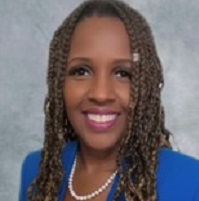
Natasha Dartigue, Esq., Deputy District Public Defender for Baltimore City
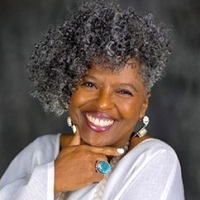
Dr. Ivy Hilton, LICSW, PhD, nationally-certified restorative justice trainer

Alex Lambert, restorative justice facilitator and trainer

Tyreese McAllister LPC, CSOTP-licensed mental health practitioner
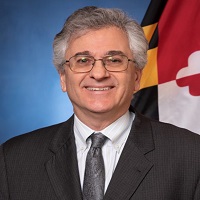
Vincent N. Schiraldi, Maryland Secretary of Juvenile Services
Special Entertainment
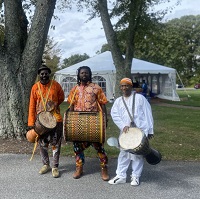 Hands on Drums
Hands on Drums
About the Institute for Restorative Justice and Practices
The Institute for Restorative Justice and Practices provides resources and training to guide primary and secondary schools and community-based correction agencies to develop a holistic community-oriented approach to resolve conflict and address harm caused by trauma. The Institute works to move beyond traditional approaches to crime and punishment and school-based discipline to promote communal healing and social transformation through interdisciplinary and holistic engagement. The Institute empowers communities to address structural inequalities, equips individuals with community-building skills, and advances scholarship in restorative practices.
View the Institute Team Bios (pdf)
Learn More About the Institute
